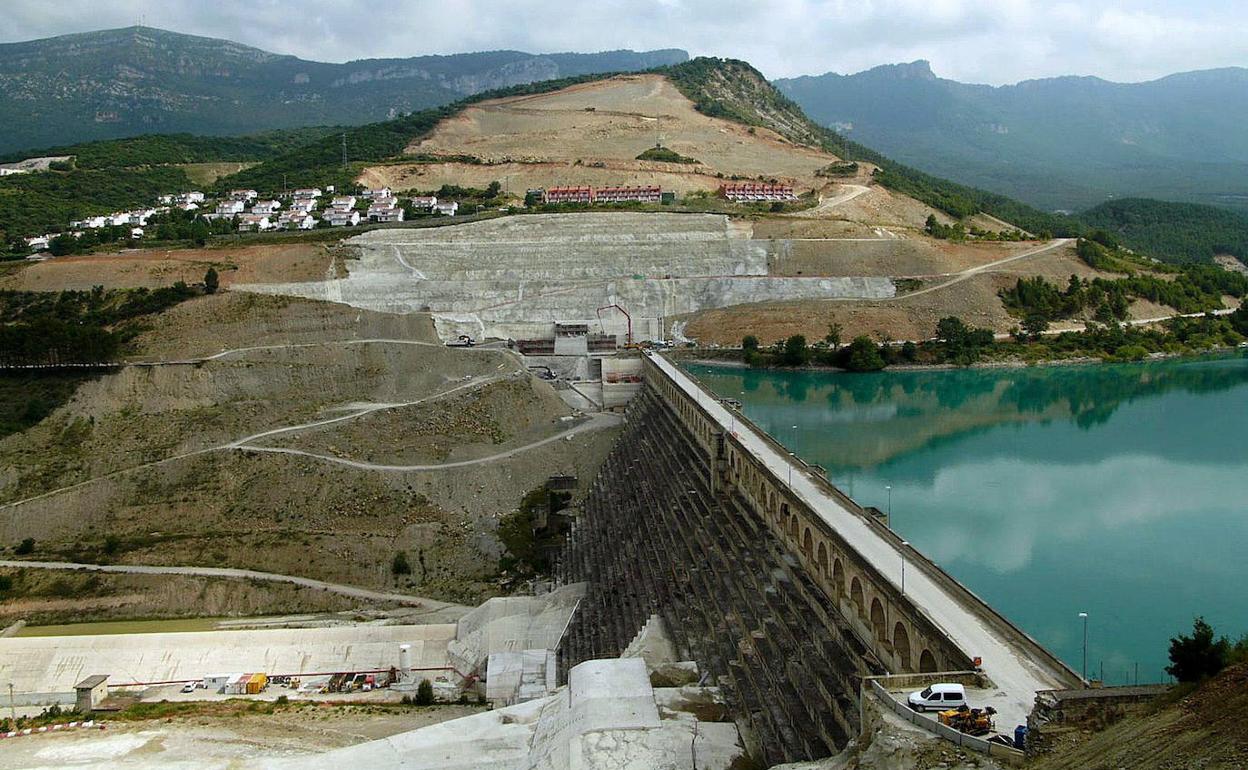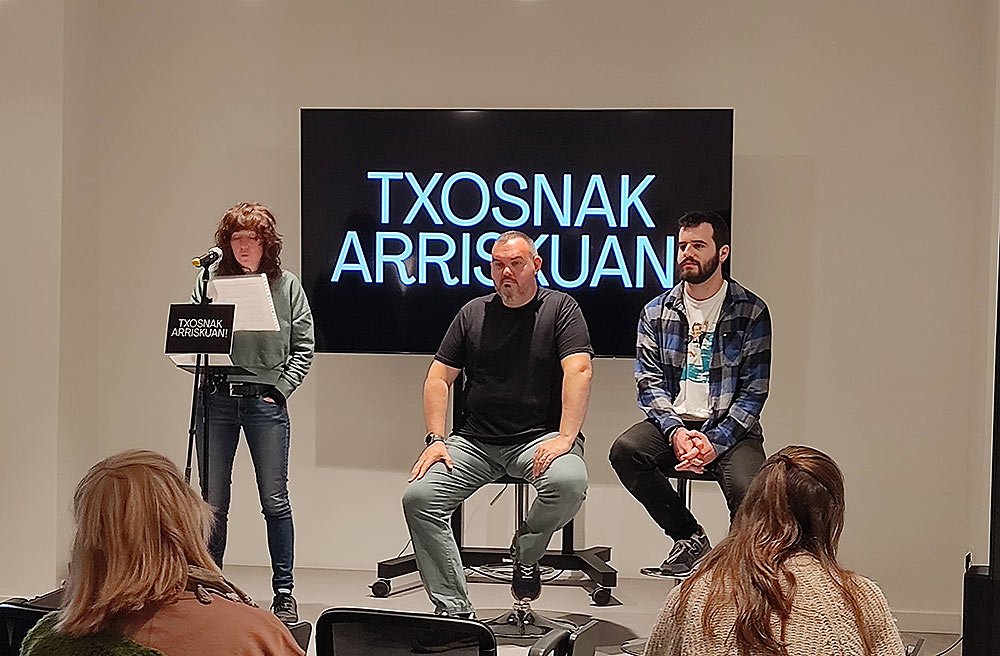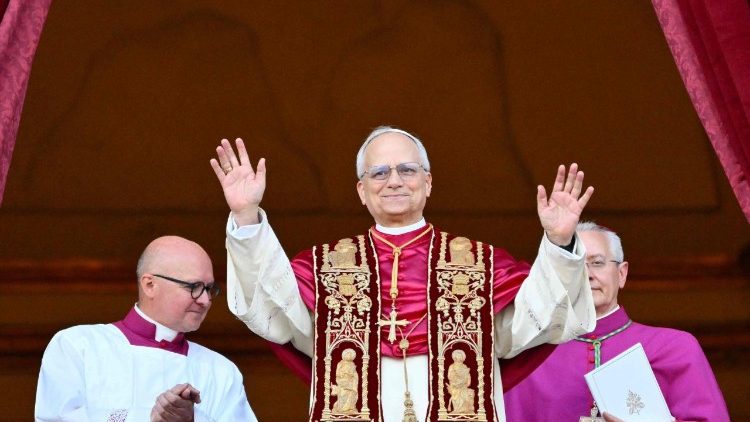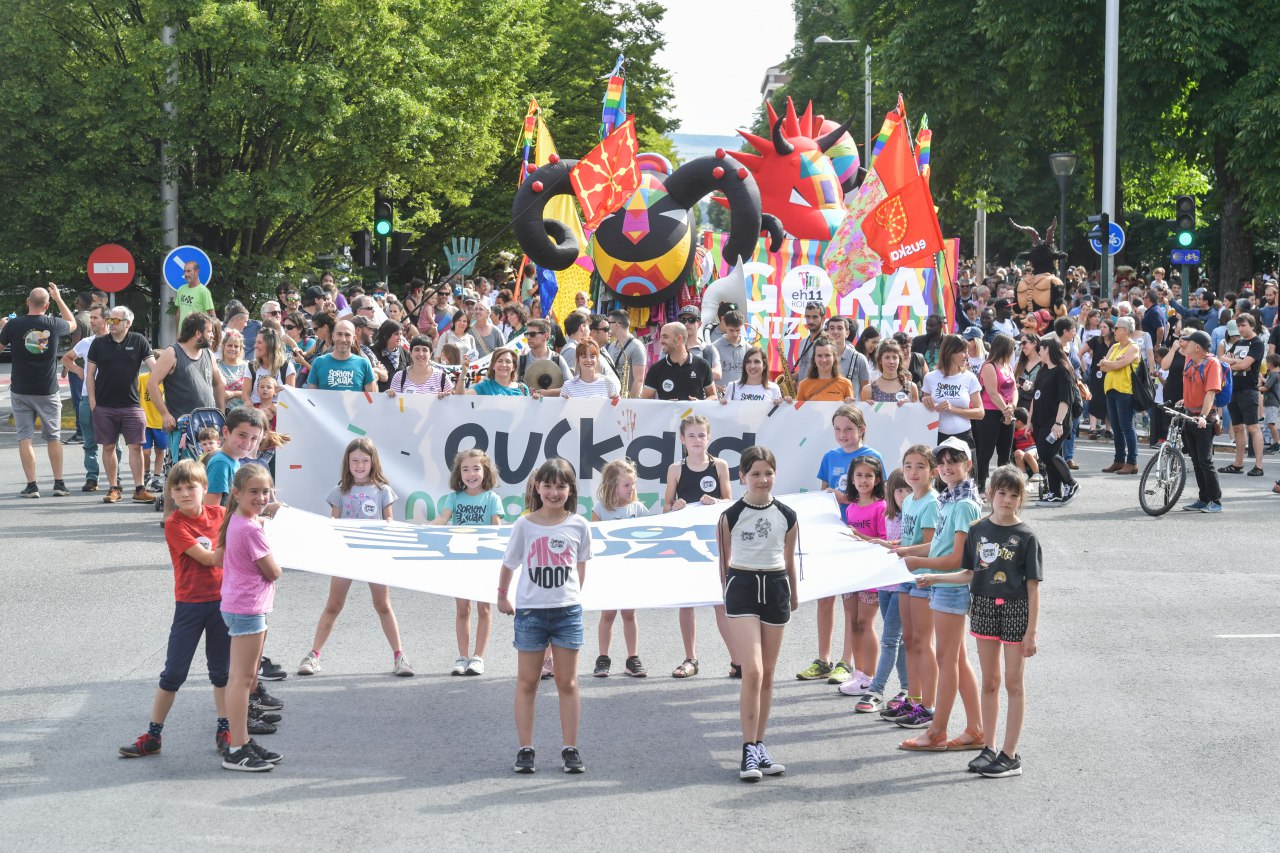The labor conflict is back to the public health of Navarra
- The indefinite strike called by the Navarro Medical Union enters the third day and, for the time being, the negotiations being conducted with the Department of Health have not advanced. Also by 15 February, almost all unions have called for a strike in the public health of Navarra.

According to the Government of Navarra, the strike on the first Wednesday was 9.4% among doctors and 6.7% on Thursday. The strike affects 8.1 per cent of the 7,116 citizens who had a consultation, trial or court, 577 people.
Remuneration, exclusivity and workloads are the main points of the negotiation and, according to the Medical Union, they have not made any progress. Consequently, the coming Wednesdays, Thursdays and Fridays will be held in health centers in order not to continue the strike.
As for the labour awards, the union calls for an increase of 1,000 euros in two years and the government offers 400 for this year. There is no agreement. In any case, other trade unions have pointed out that so far the Government of Navarra has always made reference to the limits imposed by Madrid in order to avoid the wage increases demanded by the trade unions in the sector, but now the offers to the medical unions show that the increases are possible, according to the unions.
Nor has any progress been made on the issue of exclusivity. Doctors want the possibility of working in private areas to be extended, but without losing the EUR 800 currently charged for this exclusivity. The Government has offered them the possibility of working in the private sector, provided that it is not carried out in the health sector.
In job load offers, far from improving, according to the union. The Department of Health, on the other hand, has already recognized the most significant condition of doctors, that is, that once the lists of people to be attended daily by doctors are established, no one can expand the list without medical authorization. The Government requires 32 people a day, with an average of 12 minutes for each patient. On the contrary, the union calls for a list of preset patients and a 300 minute offer to patients, five hours a day.
Other trade unions on strike
The call for a strike was held on 15 February. The environment is in full swing and there have long been no such labor conflicts in the Navarra public health system. Regaining purchasing power with inflation, reducing temporality to 8%, now above 40%, and trade unions are calling, among other things, for a reduction in significant workloads. LAB, SAE, UGT, ELA and CCOO make the call, and the nursing union Satse makes the call for 18, indicating that it has its own strategy. Afapna does not join the call.

ELA and LAB have strongly criticized the strike and requests of the Medical Union. Igor Arroyo, general coordinator of LAB, accuses classism in statements made in Naiz Irratia and recalls that it does not represent all doctors. ELA believes that in recent years “in Navarre there has been no significant labor mobilizations” and the union has welcomed the strike. This lack of mobilization has made the Medical Union a benchmark, but “the corporate union never stood against the cuts of UPN and PSN, including the privatization of kitchens, and demanded that in the recent mobilizations the Basque country be eliminated as a condition.”
ELA believes that the biggest problem is the lack of investment: “In the 2023 budgets, an additional EUR 476 million would have to be invested in Osasunbidea and an additional EUR 380 million in Education to match the EU average”. That’s why he has criticized PSN, Geroa Bai, Podemos, EH Bildu and Left-Ezkerrra because “since UPN left government they have approved seven budgets in Navarra and have not been able to reverse the deterioration of public services.”
Andrea Velasko dietista eta nutrizionistak elikaduraren bidez menopausiak eragindako aldaketak kudeatzeko zenbait gako eman ditu.
BRN + Auzoko eta Sain mendi + Odei + Monsieur le crepe eta Muxker
Zer: Uzta jaia.
Noiz: maiatzaren 2an.
Non: Bilborock aretoan.
---------------------------------------------------------
Ereindako haziek ura, argia eta denbora behar dute ernaltzeko. Naturak berezko ditu... [+]
Antonio Turiel fisikari eta CSICeko ikerlariak aspaldiko urteetan ez bezala bete zuen Hernaniko Florida auzoko San Jose Langilearen eliza asteazkenean. Zientoka lagun elkartu ziren Urumeako Mendiak Bizirik taldeak antolatuta Trantsizio energetikoaren mugak izeneko bere hitzaldia... [+]




















